Educational Resources for Foresters: Handbook
- July 30, 2024
- 0 comment
Explore our comprehensive handbook for foresters, offering essential resources and tips. Imagine standing at the edge of a vast forest, with sunlight filtering through the canopy, casting intricate patterns of light and shadow on the forest floor, while the air is rich with the scent of pine, the earthy aroma of decaying leaves, and the distant calls of birds providing a serene soundtrack.

This moment, this connection with nature, is where your journey as an aspiring forester begins. The path ahead is one of continuous learning and deep understanding, where the interplay of knowledge and experience guides you in preserving and nurturing our natural world.
Foundational Reading: Essential Books
In the journey of becoming a forester, books are your first companions. They are the silent mentors, offering wisdom that has been gathered over years of research and experience. These educational resources for foresters form the bedrock of your knowledge base.
Introductory Books
Start with “Introduction to Forestry Science” by L. Devere Burton.
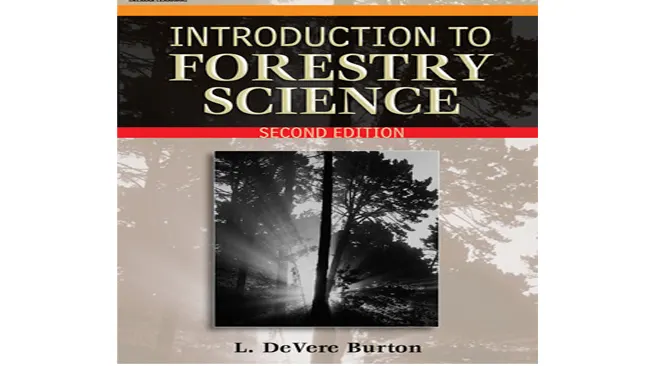
This book lays the groundwork, providing a comprehensive overview of the field. It covers essential topics such as forest ecology, management practices, and the socio-economic aspects of forestry. The simplicity and clarity of the text make it accessible to beginners, setting a strong foundation for your future studies.
Another indispensable read is “Forest Measurements” by Harold E. Burkhart.
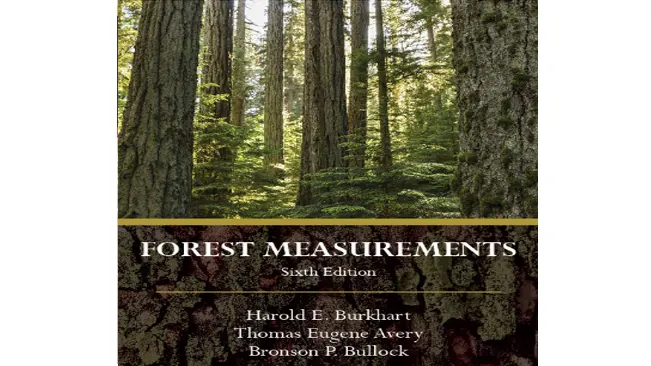
Accurate measurement is the cornerstone of effective forest management, and this book equips you with the necessary skills. It delves into the techniques of measuring trees and forests, providing detailed methodologies and practical examples that are essential for any aspiring forester.
Advanced Reading
As you search deeper, “The Practice of Silviculture” by Mark S. Ashton becomes a vital resource.
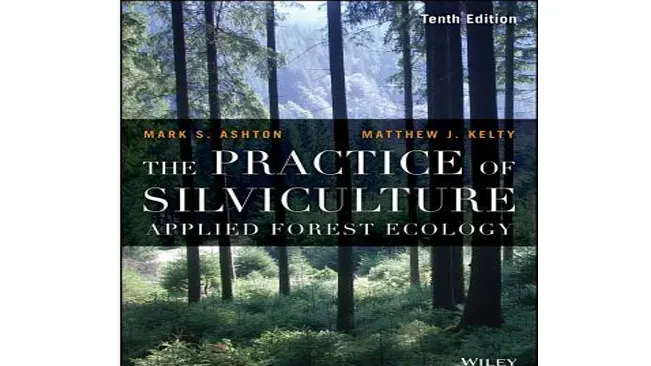
This book explores the art and science of managing forest stands. It covers a wide range of topics, from regeneration methods to thinning practices, all aimed at promoting healthy and productive forests.
“Forest Ecology and Management” by J.P. Kimmins is another essential read.
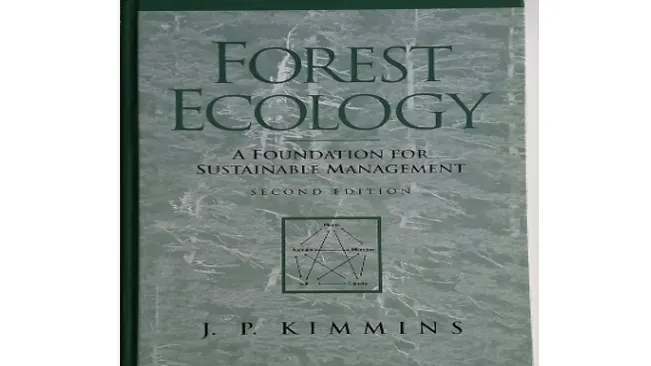
This book offers an in-depth understanding of forest ecosystems and the principles of sustainable management. It integrates ecological theory with practical management strategies, helping you develop a holistic approach to forestry.
Comprehensive Guides: Manuals and Handbooks
Beyond textbooks, guides and manuals provide practical, hands-on knowledge that is crucial for fieldwork. These educational resources for foresters are invaluable for translating theoretical knowledge into practical skills.
Professional Manuals
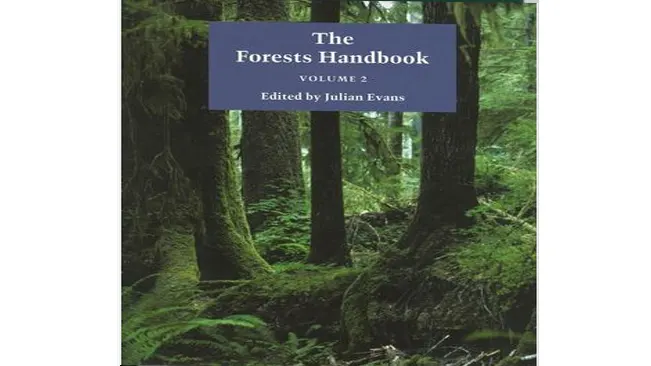
“The Forests Handbook” edited by Julian Evans is a treasure trove of information.
It covers a wide array of topics, including forest policy, economics, and conservation. The handbook is designed for professionals, offering insights that are both broad and deep, making it an essential resource for anyone serious about a career in forestry.
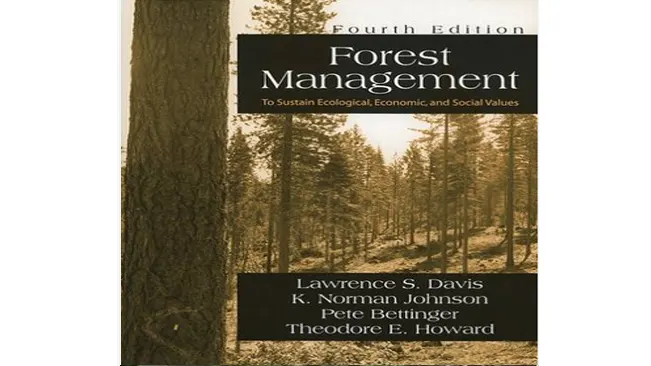
“Forest Management” by Lawrence S. Davis offers detailed guidance on the planning and implementation of forest management practices.
It provides a step-by-step approach, from inventory and assessment to management planning and execution. This manual is particularly valuable for its practical focus, helping you translate theoretical knowledge into real-world applications.
Field Guides
When you’re out in the field, having reliable field guides can make all the difference. The “Sibley Guide to Trees” is an excellent companion.
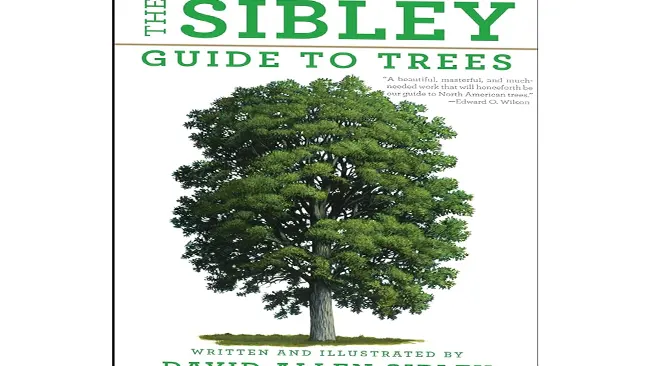
It offers detailed descriptions and illustrations of tree species, making it easier to identify and understand the diverse flora you’ll encounter.
Another essential field guide is “Trees of North America” by C. Frank Brockman.
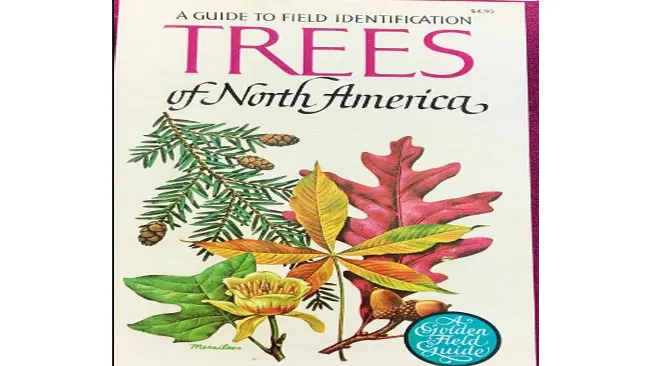
This guide provides comprehensive coverage of tree species across the continent, complete with photographs and detailed descriptions. It’s an invaluable tool for any aspiring forester working in North America.
Flexible Learning: Online Courses
In today’s digital age, online courses provide a flexible and accessible way to continue your education. These educational resources for foresters allow you to learn at your own pace and from the comfort of your own home.
Free Online Courses
“Forestry and Natural Resources” on edX offers a free introduction to the field.
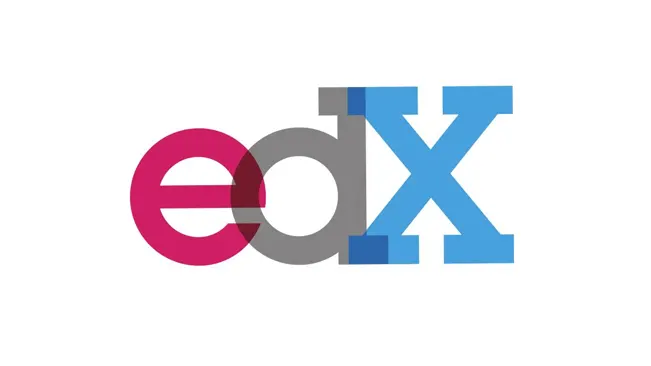
This course covers fundamental concepts such as forest ecology, management practices, and conservation. It’s an excellent starting point for those new to forestry.
“Sustainable Forest Management” on Coursera provides insights into sustainable practices and their importance in maintaining healthy forest ecosystems.
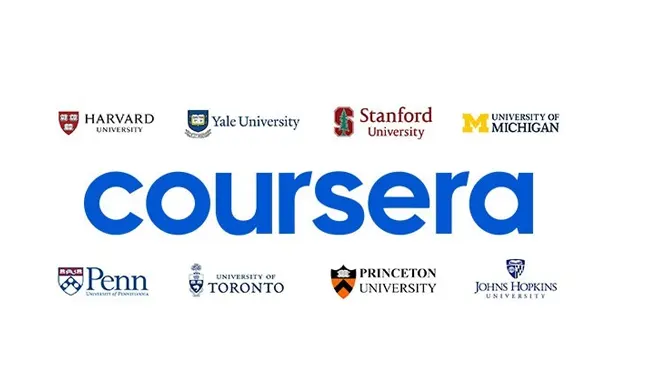
This course is ideal for those looking to specialize in sustainability and conservation.
Advanced Certifications
For more advanced learning, consider the Online MSc in Forestry from the University of Edinburgh.

This program offers a comprehensive education in forestry, covering topics such as forest ecology, management, and policy. It’s designed for working professionals, allowing you to balance your studies with your career.
The Graduate Certificate in Forestry from Penn State University is another excellent option.
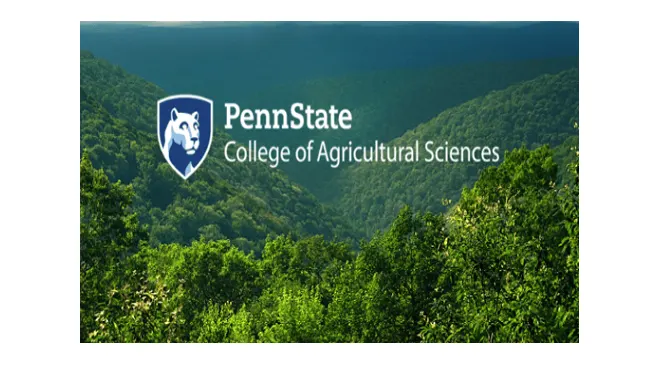
This program focuses on advanced topics such as forest resource management and conservation biology. It’s a great way to deepen your knowledge and enhance your credentials.
Academic Excellence: University Programs
University programs provide a structured and comprehensive education, preparing you for a successful career in forestry. These educational resources for foresters offer rigorous academic training combined with practical fieldwork.
Undergraduate Programs
The BS in Forestry from the University of Minnesota offers a robust education in forest management and conservation.
The program combines classroom instruction with hands-on fieldwork, providing a well-rounded education that prepares you for the challenges of the profession.

The BS in Natural Resource Conservation from the University of Florida focuses on the sustainable management of natural resources.
The program covers a wide range of topics, including ecology, wildlife management, and environmental policy. It’s an excellent choice for those looking to make a positive impact on the environment.

Graduate Programs
The Master of Forestry from Harvard University is one of the most prestigious programs in the field.
It offers a rigorous education in forestry, with a strong emphasis on research and practical application. Graduates of this program are well-prepared for leadership roles in forestry and conservation.

The Ph.D. in Forest Sciences from the University of Alberta is another top program.
This program focuses on advanced research in forest ecology, management, and policy. It’s ideal for those looking to pursue a career in academia or advanced research.

Hands-On Experience: Workshops and Conferences
Workshops and conferences provide opportunities for hands-on learning and professional networking. These educational resources for foresters allow you to gain practical experience and connect with industry professionals.
Global Conferences

The International Forestry Students’ Symposium brings together students and professionals from around the world. It offers workshops, field trips, and presentations on a wide range of topics, providing a unique opportunity to learn from experts and peers alike.
The European Forest Institute Annual Conference is another important event. It features presentations and discussions on the latest research and trends in forestry, providing valuable insights and networking opportunities.
Regional Workshops

Local workshops organized by the Forest Service offer practical training in forestry techniques and management practices. These workshops are a great way to gain hands-on experience and learn from experienced professionals.
Community-led arboriculture seminars provide training in tree care and management. These seminars are particularly valuable for those interested in urban forestry and arboriculture.
Digital Resources: Online Platforms
Online platforms offer a wealth of information and resources for aspiring foresters. These educational resources for foresters provide convenient access to the latest research, articles, and practical guides.
Informative Websites

The Forest Society website provides a wide range of resources on forest management, conservation, and policy. It’s an excellent source of information for both beginners and experienced professionals.
Arboriculture Australia offers resources on tree care, management, and conservation. The website includes articles, research papers, and practical guides, making it a valuable resource for anyone interested in arboriculture.
Educational Blogs

The Wildland Forestry Blog offers insights and updates on forest management practices and conservation efforts. It’s a great way to stay informed about the latest developments in the field.
The Urban Forester blog focuses on urban forestry and arboriculture. It provides practical tips and advice on tree care and management in urban environments.
Professional Networking: Organizations and Memberships
Joining professional organizations can provide valuable networking opportunities and access to exclusive resources. These educational resources for foresters help you build connections and stay updated on industry trends.
Professional Bodies
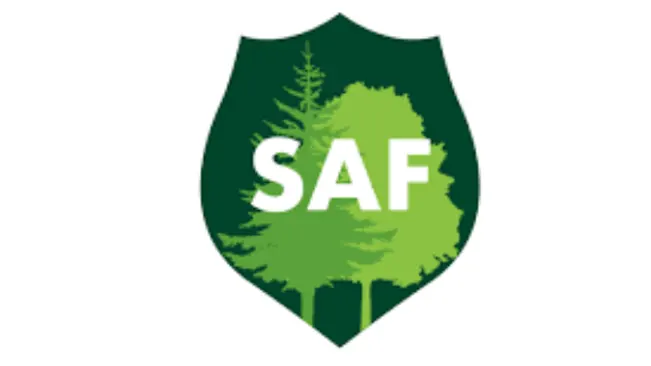
The Society of American Foresters (SAF) is one of the leading professional organizations in the field. Membership provides access to publications, conferences, and professional development opportunities.
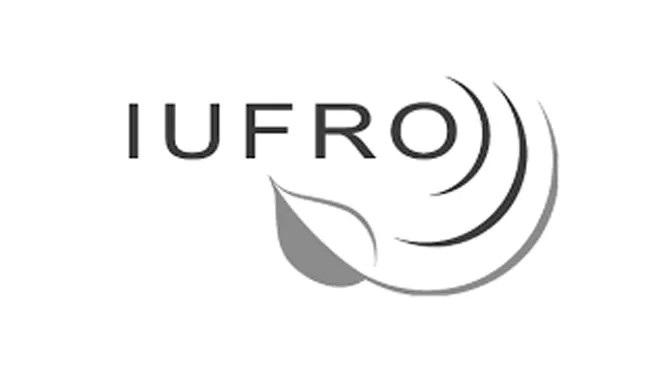
The International Union of Forest Research Organizations (IUFRO) is another important organization. It offers networking opportunities, research collaborations, and access to the latest research in forestry.
Membership Perks
Membership in these organizations provides numerous benefits, including access to exclusive publications and research, professional development opportunities, and networking events. These benefits can help you stay informed, enhance your skills, and advance your career.
Conclusion
The journey of becoming a forester is one of continuous learning and deep connection with nature. By leveraging a wide range of educational resources for foresters, from books and guides to online courses and university programs, you can build a strong foundation of knowledge and skills. Workshops, conferences, and professional organizations provide additional opportunities for hands-on learning and professional growth.
As you embark on this path, remember that the skills you cultivate are not just tools for your career, but instruments for meaningful change. By enhancing your expertise and embracing lifelong learning, you contribute to the preservation and sustainable management of our precious forest ecosystems.
Frequently Asked Questions (FAQs)
- What are the best books for learning forestry?
Recommended books include “Introduction to Forestry Science” by L. Devere Burton and “Forest Measurements” by Harold E. Burkhart. - Can I take forestry courses online?
Yes, platforms like edX and Coursera offer online courses in forestry, including free options. - Which universities offer the best forestry degrees?
Top universities include the University of Minnesota, University of Florida, Harvard University, and University of Alberta. - How can I gain practical forestry experience?
Participate in workshops, conferences, and internships offered by organizations like the Forest Service. - What are the benefits of joining professional forestry organizations?
Benefits include access to exclusive publications, networking opportunities, and professional development resources. - What is the importance of ecological knowledge in forestry?
Ecological knowledge is crucial for understanding forest ecosystems and making informed management decisions. - What technology skills are important for foresters?
Skills in Geographic Information Systems (GIS) and remote sensing are essential for modern forestry practices. - How can I continue my forestry education while working?
Online courses, workshops, and part-time university programs allow you to balance work and education. - What certifications are valuable for foresters?
Certifications such as the Certified Forester (CF) from the Society of American Foresters are highly valuable. - Why are both hard and soft skills important for foresters?
Hard skills provide technical expertise, while soft skills enable effective communication, leadership, and adaptability.

Jordan Blake
Forestry AuthorJordan Blake is a forestry expert with over 15 years of experience in arboriculture and community education. Passionate about sustainable forest management, Jordan regularly writes for Forestry.com and Tree Care Magazine. Holding certifications in tree health assessments and urban forestry management, Jordan conducts workshops to educate the public on sustainable practices. Jordan has a degree in Environmental Science and enjoys hiking and photography in their free time.




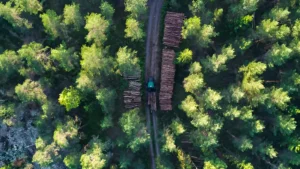
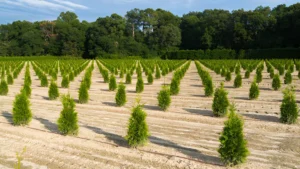


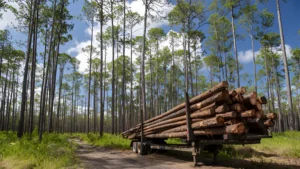



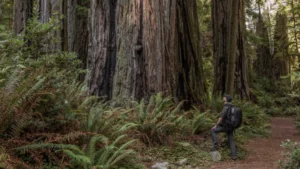
Leave your comment